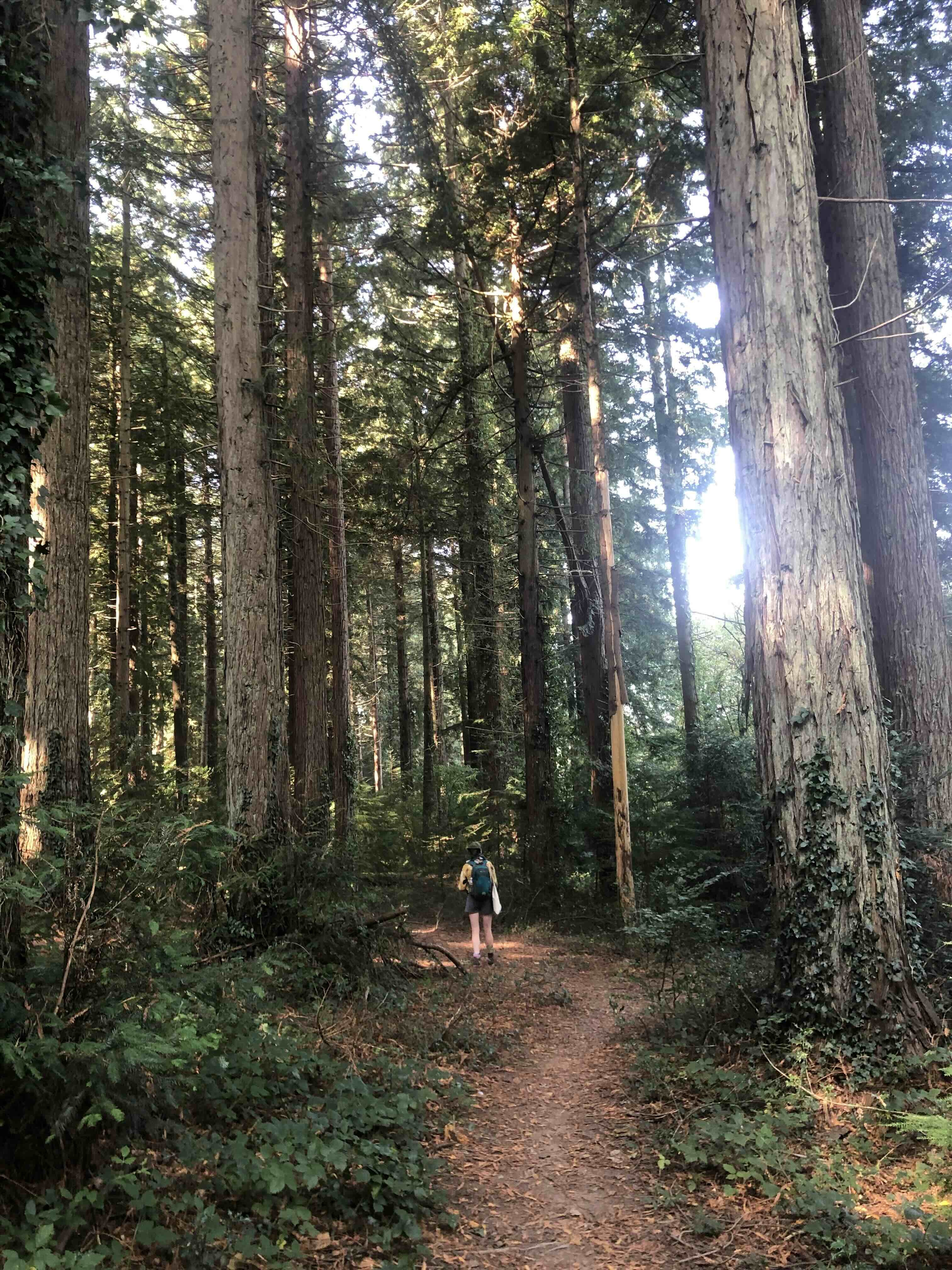
A Wayfaring Approach to Research in Action
Our research begins by paying attention to what we are immersed in, noticing what questions are stirred within us, and what direction this points us in. We engage in research within the living and working situations we are already part of. This approach is inspired by thinkers like Hannah Arendt, John Shotter, Eliane Brum as well as writers such as and Annie Erneaux. We aim to see more, make contextual judgments, and take responsive action with others.
Inquiry practices
Over the years, we’ve cultivated a discipline of engaging in specific inquiry practices. As a community, we participate in regular reflexive dialogues—both in person and online—and share our work-in-progress within peer groups to offer and receive thoughtful feedback. In a series of open conversations, we explore our key inquiry practices in detail. You can listen to discussions on barefoot wayfaring, reflexive dialogue, place-based, and in-the-moment research here.
Stages of the research journey
After an initial exploratory phase, researchers can join our Research Fellowship track — a flexible, but structured journey marked by peer and community recognition and completed with work publicly recognised through Schumacher Society as an awarding body. While a PhD is one way to formalise research, our Fellowship offers a lighter, yet rigorous, alternative for practitioner-researchers seeking validation and growth. The track can be completed in full or in stages, adapting to each researcher's pace and needs. Below, we introduce you to the different passages of the fellowship track.
Beginning with scenes of practice
The inquiry begins by writing scenes from one’s professional life — especially those striking moments that start to reveal the core of the research question. Writing from lived experience grounds the inquiry in real-world contexts and concerns, ensuring it stays relevant, personal, and practice-based. These scenes also mark the beginning of a portfolio of work, allowing researchers to track their thinking from the very beginning through to the completion of the fellowship track — a process we consider essential.
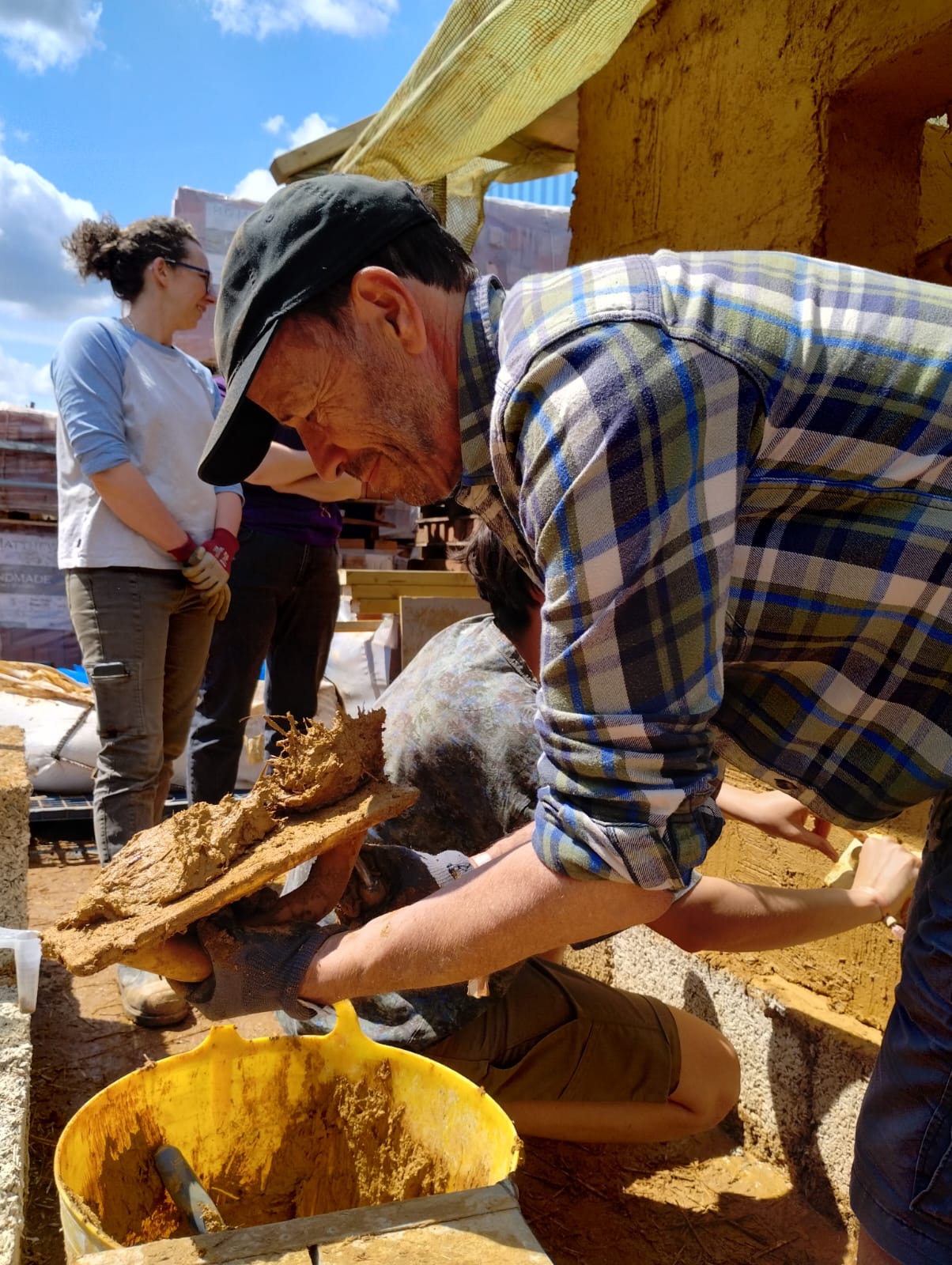
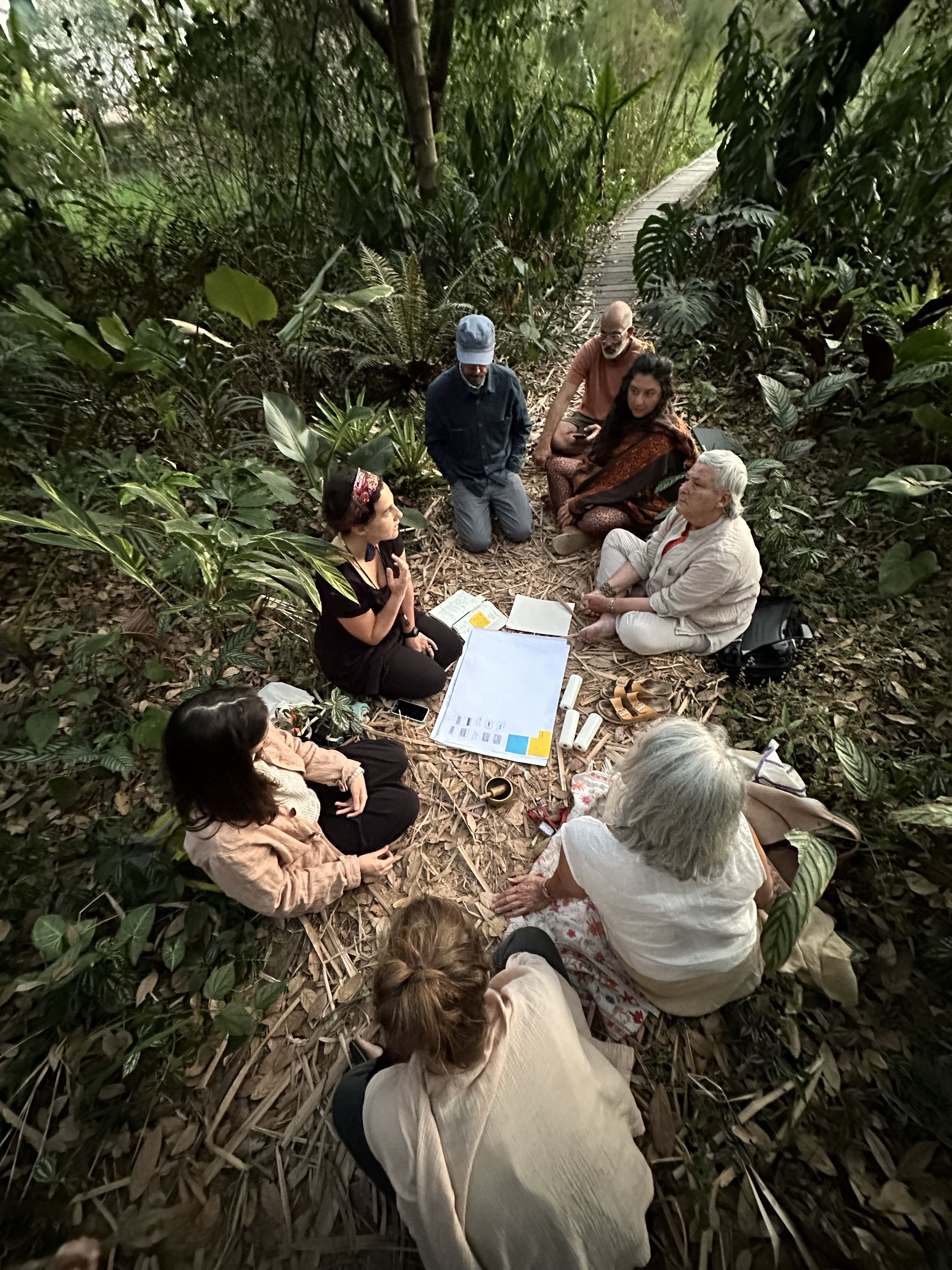
Passing through a first ‘gateway’
A first attempt to articulate one’s inquiry and trace the steps that led to growing understanding of the phenomenon at play. The gateway takes the form of an spoken or performed presentation to a group of peers, external researchers, and colleagues from practice. It is a crucial moment for feedback—an opportunity to reflect on the path taken so far and consider how to move forward in the research.
Publishing a ‘preview’
An articulation of the inquiry and an initial understanding of the phenomenon being explored. In the form of a publication researchers share work-in-progress and bring it into the public sphere through a small peer-review process. Previews are then published on the website.
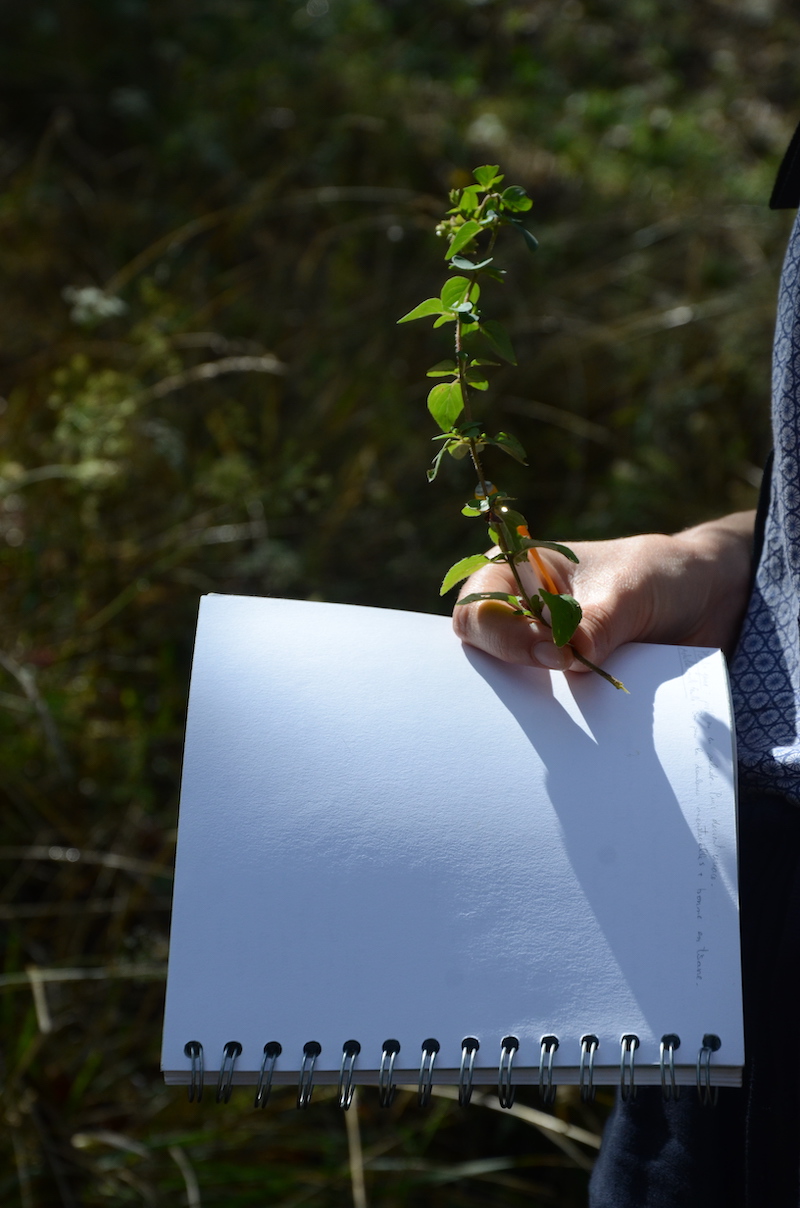
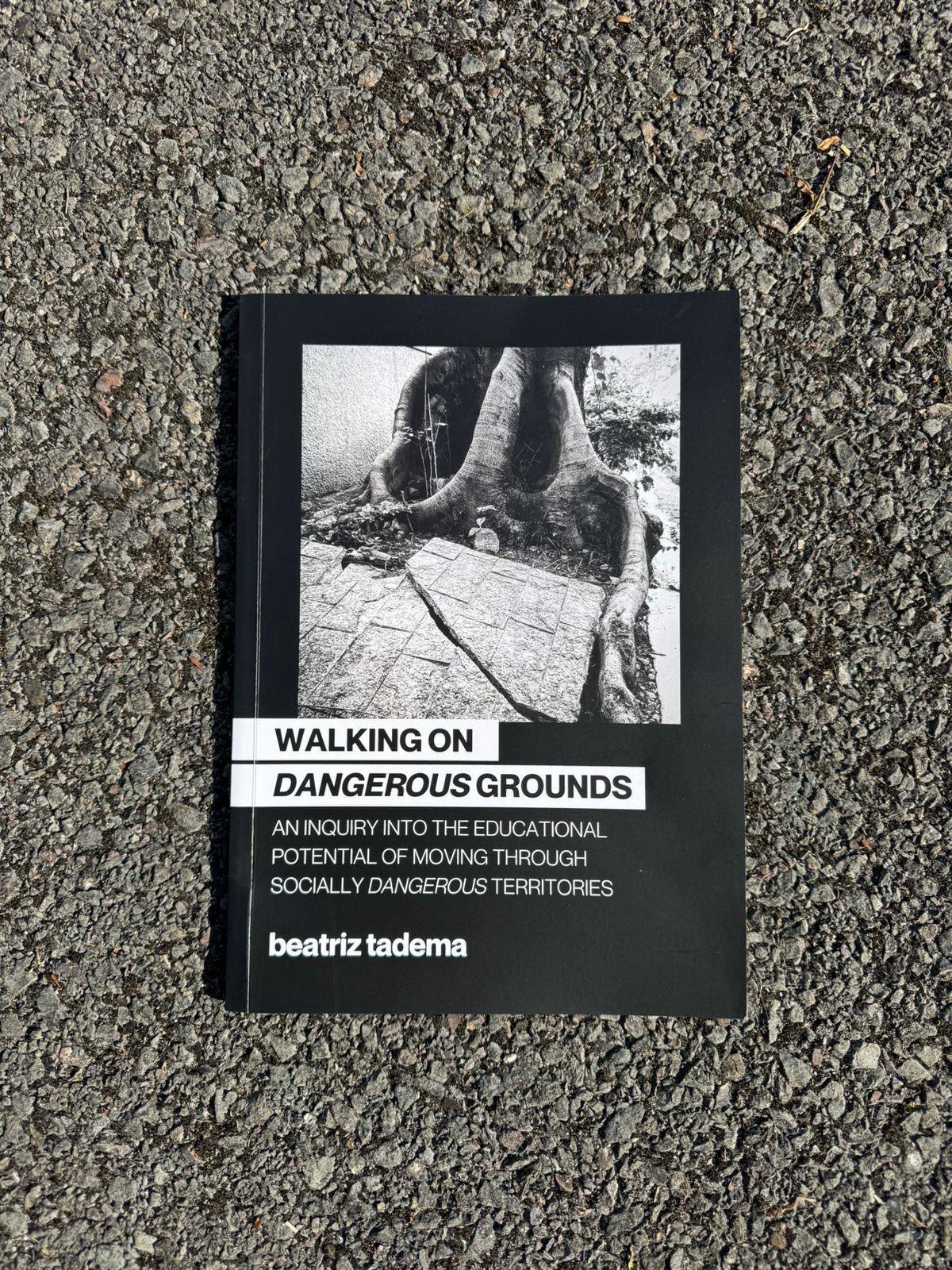
Submitting work for the award of Research Fellow
The fellowship is awarded to researchers who produce a substantial piece of research and make it publicly accessible, whether through a peer-reviewed publication, a public exhibition, or a book publication. The fellowship is awarded by Schumacher Society, a UK registered Charity (https://schumachersociety.net).
How do you join the community?
We are currently working with a cohort-based model, inviting interested researchers to join at the same time and take first steps together. At present, we are running both a Portuguese-speaking and an English-speaking cohort. The opening of new cohorts and possibilities of joining will be announced here on the website.
How we organise?
Since our founding in 2018 by three experienced researchers and convenors, we’ve grown into a diverse, self- organising community. Our focus on research approach led us to draw on academic supervision and expand beyond that, welcoming practitioner-researchers who support artistic, poetic, and performative inquiries around the world.
We meet regularly in small groups and full community sessions online, with at least one annual in-person gathering where live projects are based. A monthly online Commons Room, hosted by rotating members, anchors our shared decision-making. As Research Fellows graduate, they step into mentoring and convening roles, while the founding faculty now serve as elders and advisors.